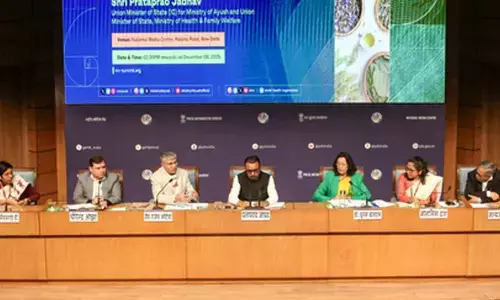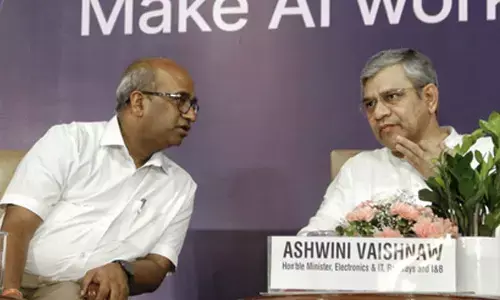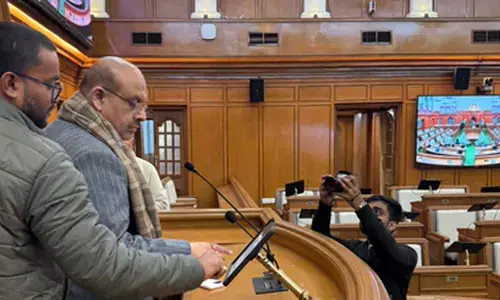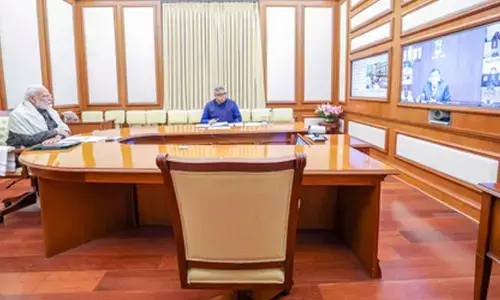Fareed Zakaria On Modi's Historic Third Term Amid Global Anti-Incumbency Trend
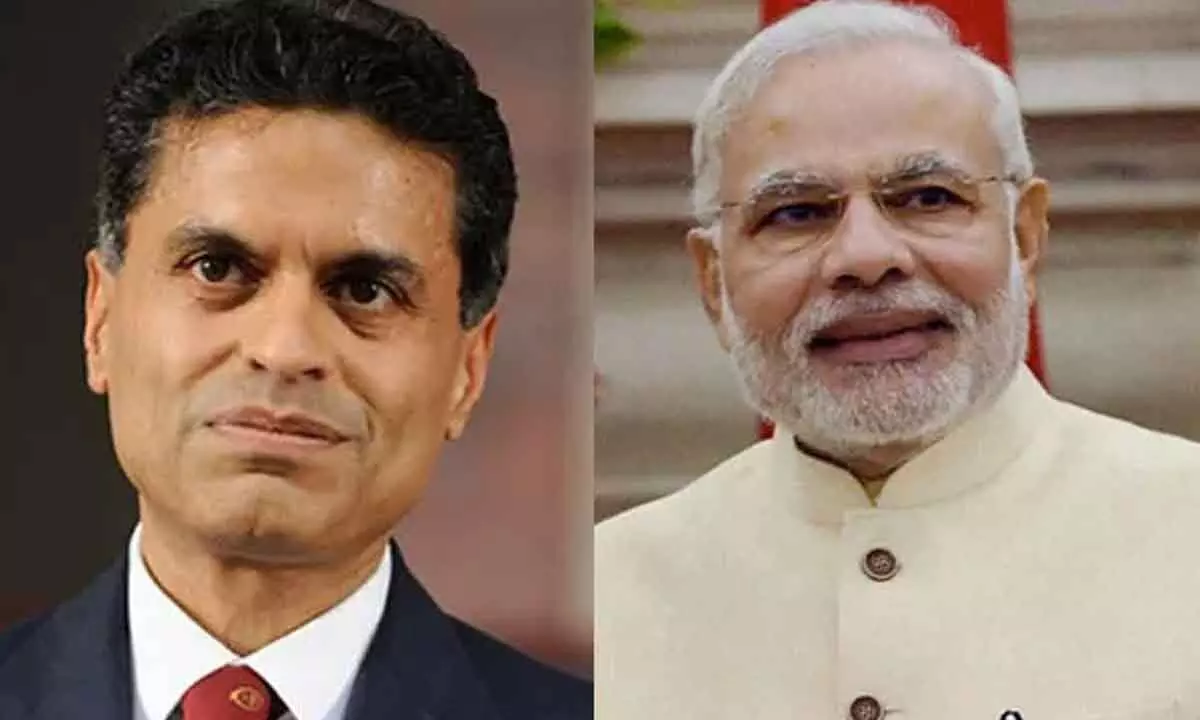
- PM Narendra Modi defies global anti-incumbency trends to secure a third term, says Fareed Zakaria, citing India's unique political system, Modi's popularity, and focus on development.
- He attributed Modi's victory to India’s multi-party democracy, which contrasts with the two-party systems of countries like the US.
In a world where voters are increasingly rejecting incumbent governments, Indian Prime Minister Narendra Modi has defied the odds by securing a historic third term, noted veteran journalist and geopolitical expert Fareed Zakaria.
In an exclusive interview with *India Today*, Zakaria discussed why India diverged from the global trend of anti-incumbency, which has led to ruling parties being ousted in countries like the US and the UK.
"Nearly every incumbent party globally faced significant setbacks or was voted out. Modi is arguably the most notable exception," Zakaria said.
He attributed Modi's victory to India’s multi-party democracy, which contrasts with the two-party systems of countries like the US. "If India had a two-party system where every BJP candidate faced one non-BJP rival, the BJP might have lost. But the anti-incumbency vote often split between multiple opposition parties," he explained.
Zakaria highlighted Modi’s enduring popularity and his image as an outsider. Despite challenges like inflation, COVID-19 mismanagement, and a sense of anti-incumbency, Modi retains the trust of the Indian populace. "Modi is still seen as someone outside the political elite, which is remarkable given his 10 years in power," he observed.
### **Modi’s Approach Post-Election**
Zakaria noted that while the BJP-led National Democratic Alliance (NDA) retained power, the reduced margin served as a wake-up call. Modi responded by intensifying the focus on growth and infrastructure development, ensuring that his government doubled down on its agenda for economic progress.
"The BJP’s campaign efforts were highly organized and resource-driven, reflecting a renewed determination to get the politics right," Zakaria said.
However, Zakaria remarked that there was little change in Modi's approach to social issues, especially regarding minorities. "For better or worse, Modi remains consistent. Those expecting a softer stance on minority issues are likely to be disappointed," he concluded.
India's ability to buck the anti-incumbency trend, coupled with Modi’s personal popularity and strategic governance, has made this election a defining moment in the global political landscape.








